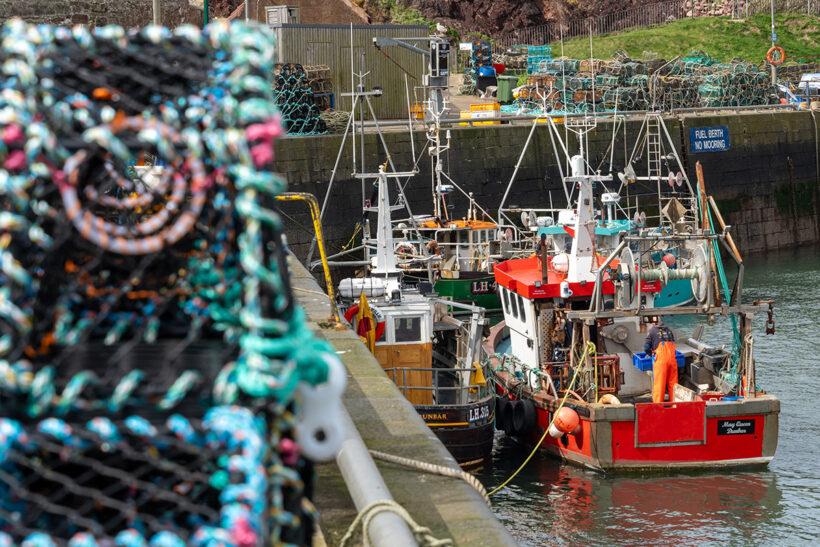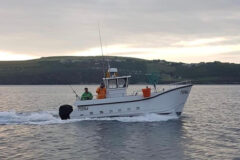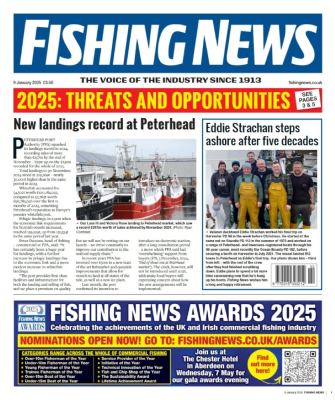The Scottish government has announced the long-expected ‘call for evidence’ on the future management of Scottish inshore fisheries. After the very public backtracking over its proposals for Highly Protected Marine Areas inside 12 miles, the Scottish government remains in the ‘listening mode’ that it promised when abandoning those plans.
It has since confirmed a number of initiatives, including the first restrictions on potting in Scottish waters. Over-12m vessels that have caught over 200t a year of crab and lobster are now unable to pot within six miles. Politicians were clear when this, and a ban on landing berried lobsters, were announced in the early summer that they saw these as interim measures, needed to protect stocks whilst a much wider consultation got underway.
These initial restrictions followed growing concerns from fishermen and scientists about the health of many of Scotland’s crab and lobster fisheries, with widespread acknowledgement from many in the industry that unsustainable numbers of pots are being worked in many parts of Scotland, both on and offshore.
The consultation on the Inshore Fisheries Management Improvement Programme, as it has been called, has been developed in conjunction with Regional Fisheries Management Groups and the Fisheries Management and Conservation Inshore Subgroup.
The Scottish government has emphasised in the announcement that one size does not fit all, with an expectation that responses may lead to regional differences in management measures across Scotland. Environmental NGOs – many of which have long campaigned for a restoration of the ban on trawling inside the three-mile limit that was abolished in 1984 – are encouraging their supporters to respond to the call.
Speaking to FN, Elspeth Macdonald, chief executive of the Scottish Fishermen’s Federation (SFF), emphasised how important it was for those involved in the Scottish seafood industry to respond, saying: “The SFF recognises that our inshore fisheries could benefit from a greater focus, particularly in areas such as investment in robust science and addressing data gaps, alongside better co-operation between industry and government in sensible co-management.
“We will be submitting our thoughts to the Marine Directorate once we have considered the issues in full with our constituent associations.”






